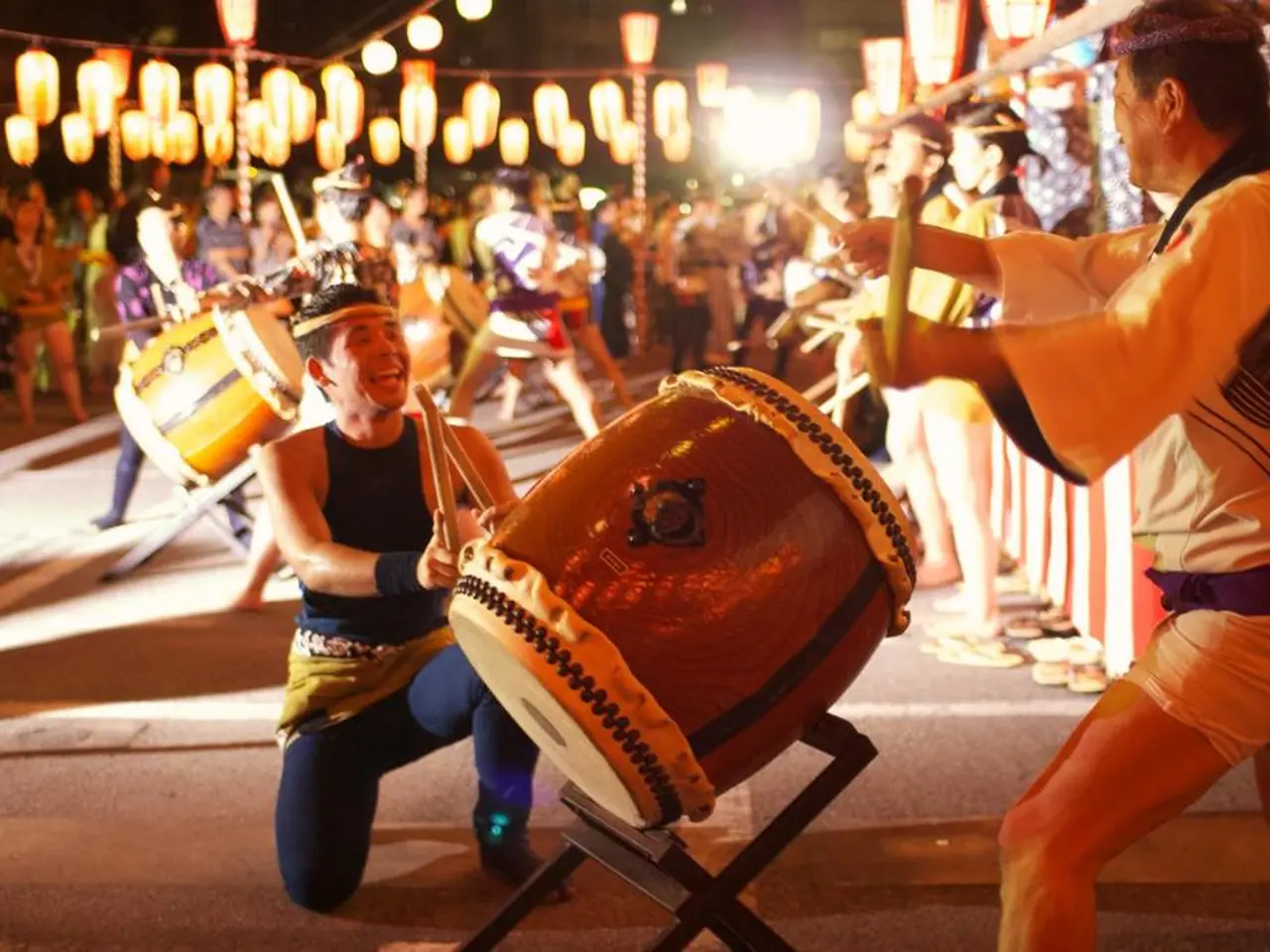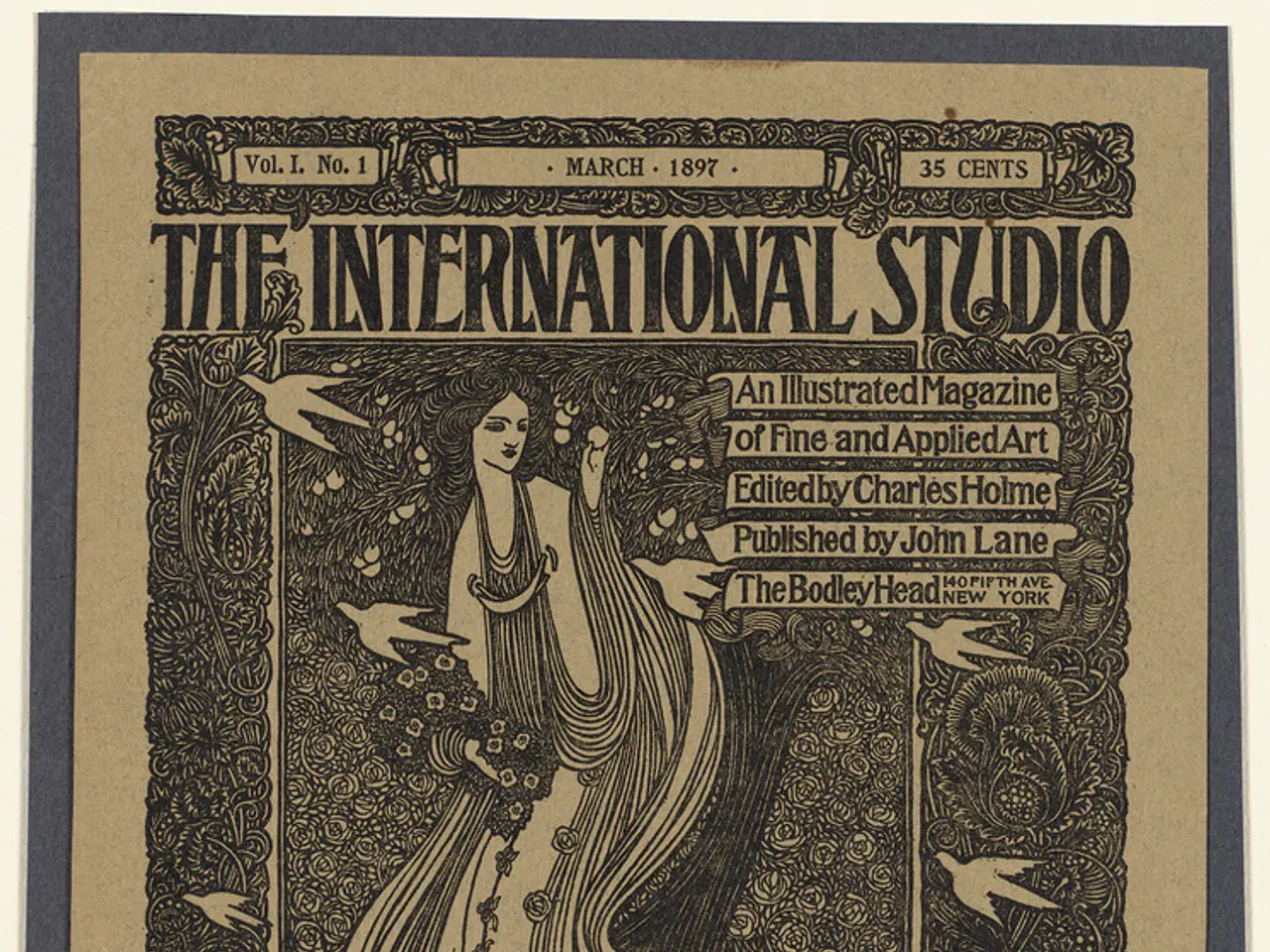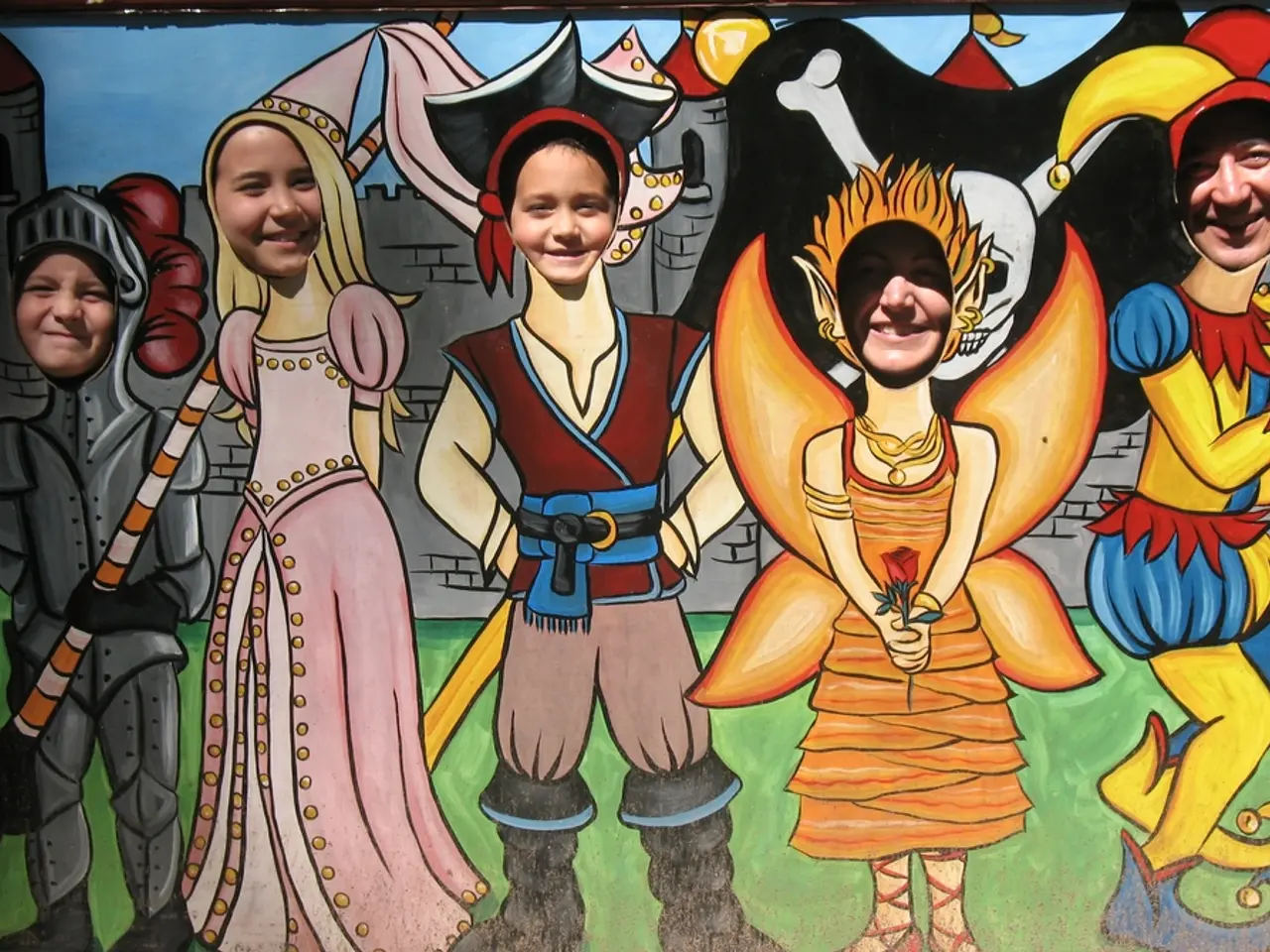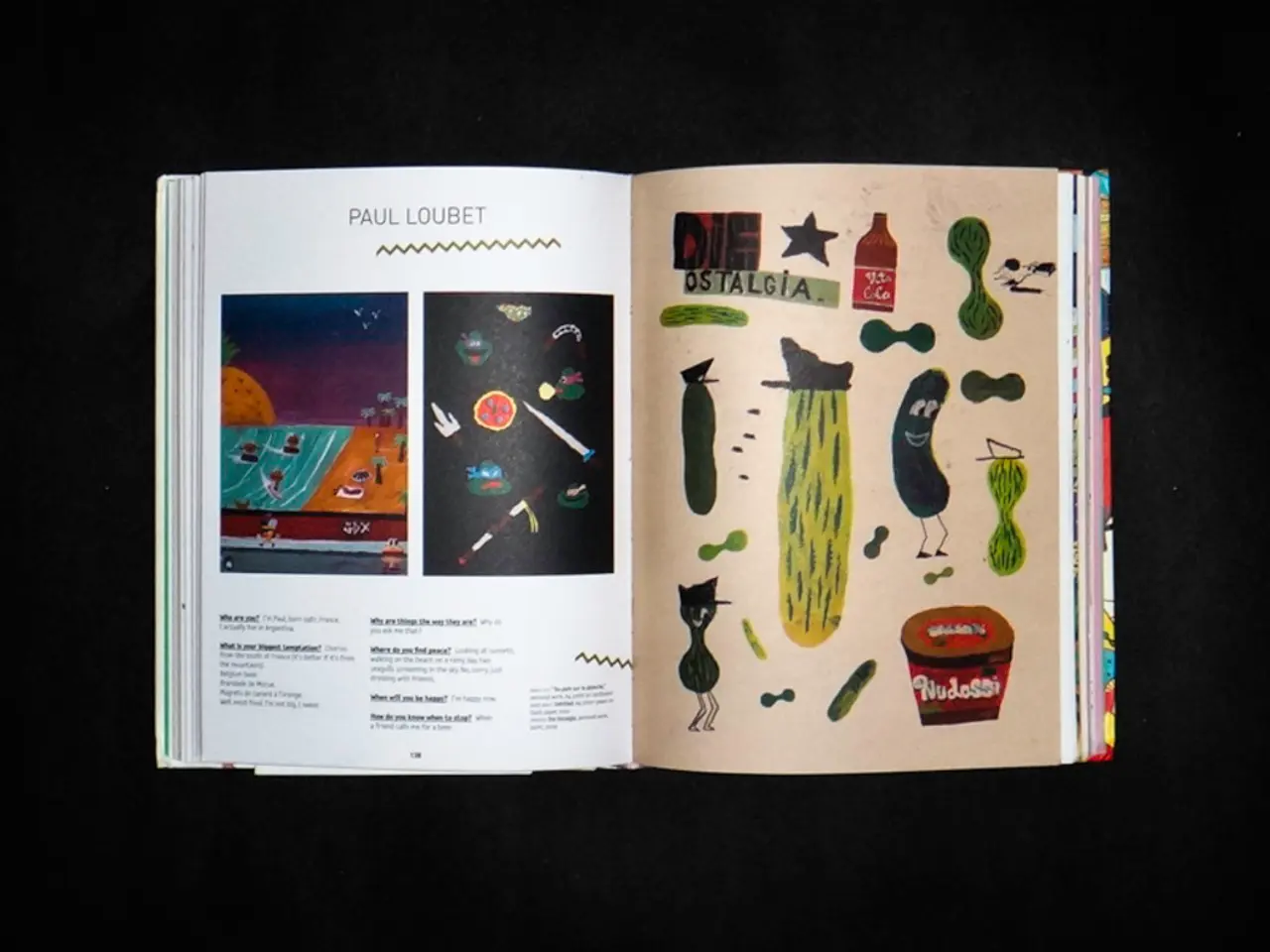Musical Icon Carlos Santana Emphasizes the Need for More Peace-Loving Individuals in the World - Music icon Carlos Santana advocates for a more spiritually open society, likening it to the free-spiritedness of the hippie movement.
In the heart of the Vietnam War era and the civil rights movement, the iconic Woodstock Festival took place, becoming a pinnacle of the hippie movement in the USA. It was at this historic event that guitar legend Carlos Santana, born in Mexico in 1947, rose to stardom with his band, symbolising the peak of the hippie movement's cultural expression.
Santana's performance at Woodstock on August 16, 1969, marked by his psychedelic rock style and reportedly being under the influence of LSD during the show, encapsulated the spirit of the hippie movement. The movement, as Santana lived it, represented a countercultural movement advocating peace, love, and expanded consciousness in stark opposition to the violence and political turmoil of the time.
Woodstock itself stood as a powerful statement of unity and anti-war sentiment, emphasising ideals that Santana and many others embraced during that time. The original Woodstock Festival is still highly regarded, and its impact continues to resonate today.
While there is no direct recent statement from Santana explicitly articulating his current views on the hippie spirit's relevance, his historical association with Woodstock and psychedelic music implies that he sees this spirit as a powerful cultural legacy. The ongoing influence of psychedelic rock, a genre Santana helped define, continues to echo the ideals of that era, suggesting that the hippie ethos still resonates in contemporary music and culture.
In a departure from the stress and tension he encounters in other parts of the world, Santana finds a different crowd in Hawaii, where he owns a house. He describes Hawaii as paradise and perceives many people there as wise. Unlike some places where he encounters angry, irritated, frustrated, or enraged people, Santana does not meet frustrated people on Hawaii. Instead, he meets many who seem happy.
Despite the criticism that the hippie movement faced during the Vietnam War, Santana believes that it was a celebration of life in opposition to the politics of the time. He expressed a desire for more hippie spirit in the world, citing unity, harmony, and togetherness as key values.
As Santana continues to tour Europe with his band, his connection to the hippie spirit remains strong, serving as a reminder of a time when music brought people together in a spirit of peace and love.
[1] Woodstock: Three Days that Defined a Generation, by Michael Lang, et al. [2] Santana: The Ultimate Guide to Carlos Santana, by Dave Thompson.
- The performance of Carlos Santana, a symbol of the hippie movement's cultural expression, at the Woodstock Festival in 1969 embodied the countercultural ideals of peace, love, and expanded consciousness, serving as a powerful statement of unity and anti-war sentiment that still resonates in contemporary music and culture.
- As Santana tours Europe, his connection to the hippie spirit remains strong, highlighting the timeless essence of entertainment rooted in unity, harmony, and togetherness, values that continue to echo in pop-culture.






